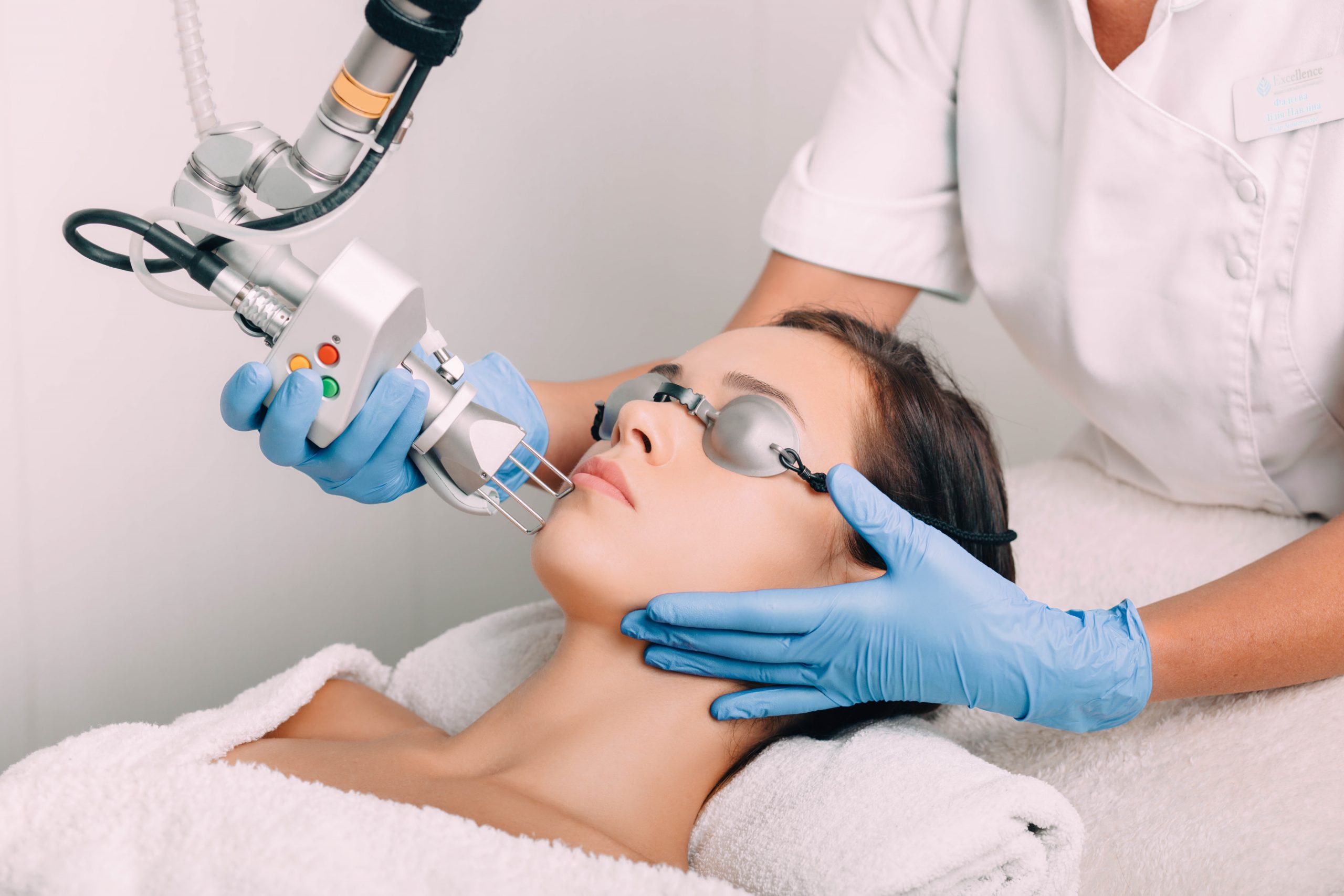Getting The So Sol Skin & Body To Work
Wiki Article
The Ultimate Guide To So Sol Skin & Body
Table of ContentsGetting My So Sol Skin & Body To WorkSome Known Questions About So Sol Skin & Body.The Buzz on So Sol Skin & BodyLittle Known Facts About So Sol Skin & Body.The Only Guide for So Sol Skin & BodyFascination About So Sol Skin & BodyLittle Known Facts About So Sol Skin & Body.
Regardless of your age, several of you are troubled over modifications in your skin and what can be done about it. Talk with a skin care and laser specialist to review your choices (https://www.pubpub.org/user/bernard-weber).While they all have comparable features, each laser procedure has different effects. Let's look at which lasers work best for typical skin conditions.
The Ultimate Guide To So Sol Skin & Body
Ablative lasers vaporize the top layers of harmed skin, while non-ablative lasers function much deeper in the skin without removing or damaging the top layers. For this reason, you will not have any kind of downtime (the moment when the leading layers of skin heal) after having an aesthetic treatment that uses solely non-ablative laser innovation.The wavelength of the laser is the major difference in between each type of laser, and the proper laser is selected to target various skin concerns. For this reason, your doctor may recommend a combination of several other lasers to resolve all of the issues you might have.
On top of that, nonlaser, light-based therapies, such as Titan infrared devices and Thermage radiofrequency-based systems, have actually succeeded. The pulsed dye lasers are most frequently made use of to treat pigmented sores, such as sunspots, age areas, melasma, and various other forms of hyperpigmentation. Nd: YAG (neodymium-doped yttrium aluminum garnet) lasers and fractional carbon dioxide lasers, together with non-laser, light-based therapies, such as IPL.
So Sol Skin & Body Can Be Fun For Everyone
, the CO2 laser stays the gold requirement. Recent developments such as the erbium: YAG, fractional laser, and particular non-ablative lasers have shown significant success in treating superficial acne scarring. Lots of various techniques of light-based innovation are being utilized in the world of cosmetic surgical treatment today.These technologies consist of IPL, LED therapies, Titan, and similar infrared energy-based technologies and radiofrequency-based treatments, such as Thermage. Lasers discharge special wavelengths of light and are thought about ablative or non-ablative.
Carbon dioxide lasers, erbium: YAG, fractional lasers, and particular non-ablative lasers can be made use of to treat acne scars. Non-ablative lasers might take practically no time at all to heal. Ablative laser therapy recovery time relies on the depth of the laser therapy and the private healing process of everyone, which can differ from two to 4 weeks.
The So Sol Skin & Body Diaries

Generally, redness and swelling at the site of therapy are one of the most common side impacts. aesthetic laser and skin clinic. Feasible rare negative effects include level of sensitivity to the sunlight, pain, infection, burning, and skin staining - https://sosolskinb0dy.mystrikingly.com/. The Food and Medicine Administration (FDA) labels lasers right into classes relying on the level of threat for every laser. Specific lasers are meant only to be utilized in medical treatments and are deemed laser threat class degree IIIb or IV.
The Main Principles Of So Sol Skin & Body
The best laser tool for skin resurgence and resurfacing. this link Inform III also by Cutera is a non-invasive multipurpose laser that allows us to revitalise the skin and remove tattoos with little to no downtime, using three highly effective wavelengths (532, 1064 and 670nm) and double pulse periods (2ns and 660/750ps).
There are two types of laser resurfacing. These lasers produce a consistent injury to your skin in the therapy location. The various other kind of laser resurfacing is called fractionated Carbon dioxide laser therapy.
So Sol Skin & Body Fundamentals Explained
Since fractional CO2 laser resurfacing delivers several slim columns of laser light to your skin, much of your skin is not hurt. The risk is that due to the fact that the laser light permeates much more deeply than various other lasers, there's a greater risk of complex healing and scarring.General anesthetic may be used when the whole face is treated. A partial-face laserabrasion takes 30 to 45 mins, and the full-face treatment takes 1-1/2 to 2 hours.
You will certainly then cleans up the treated areas 2 to five times a day with saline or a watered down vinegar option (see instructions listed below). A lotion such as Vaseline or moisturizing lotions such as Eucerin, or Aquaphor are then used. The purpose of making use of ointments or lotions is to avoid any type of scab formation.
So Sol Skin & Body Fundamentals Explained

Report this wiki page